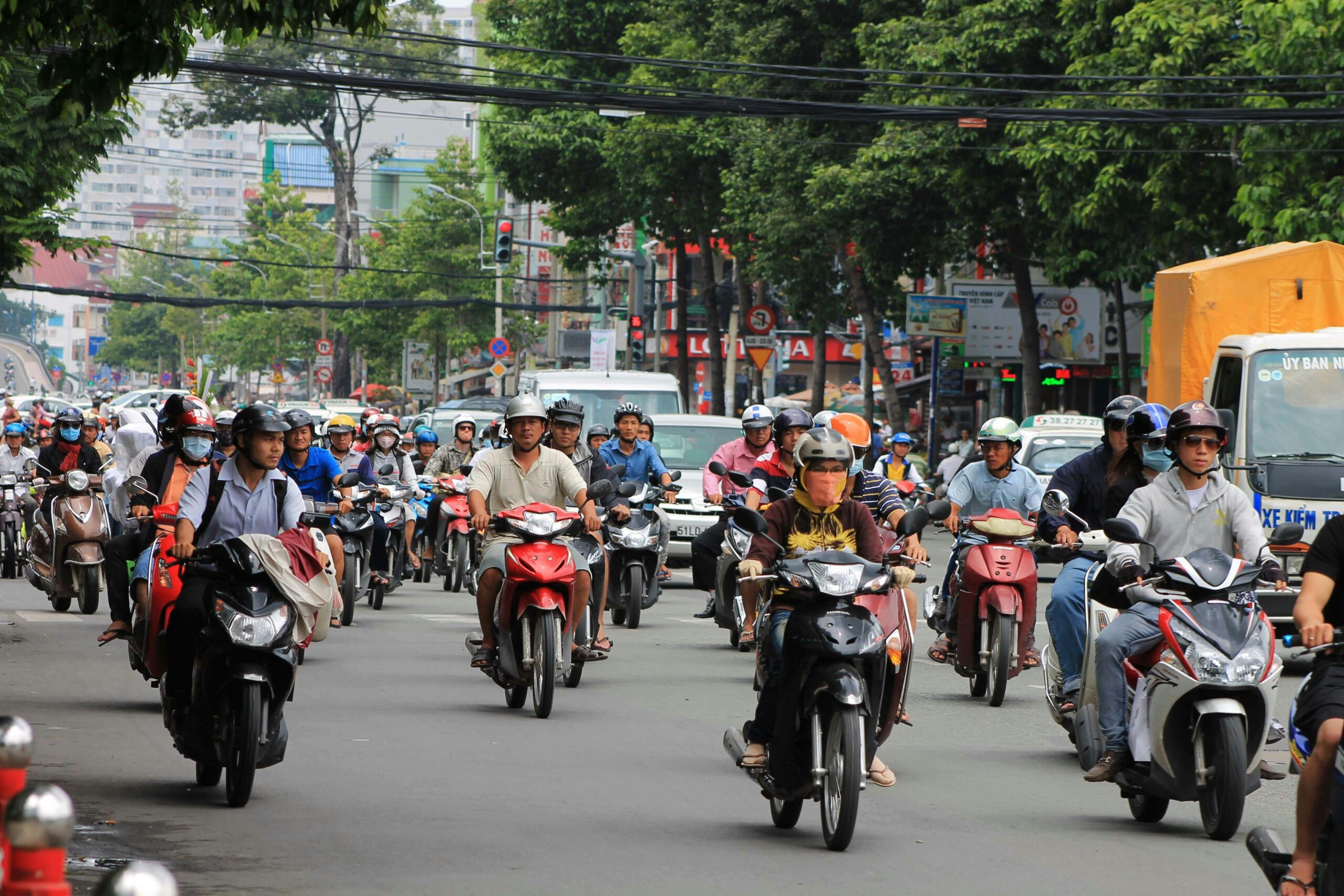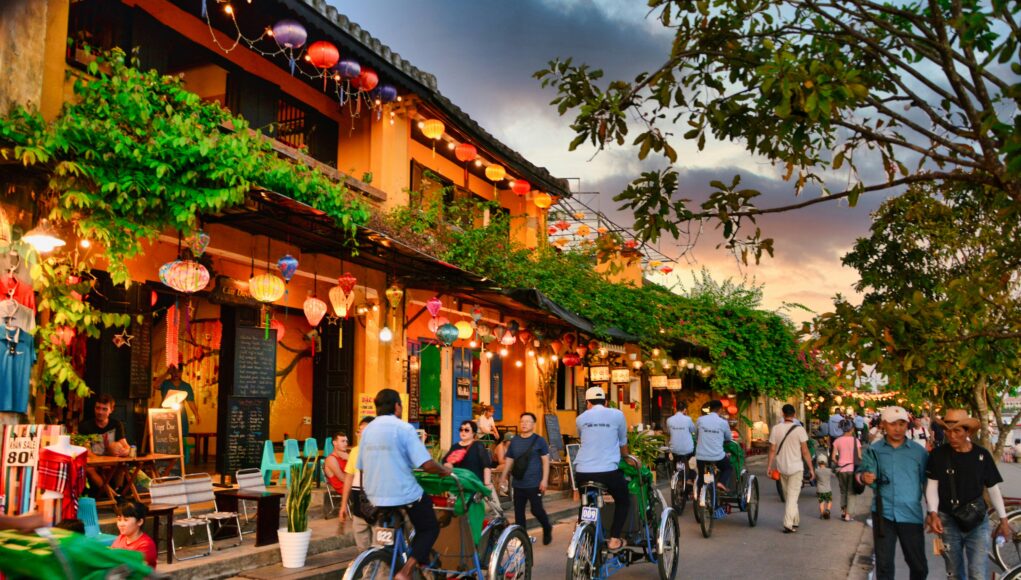Your Ultimate Budget Travel Guide to Vietnam
Embarking on a budget-friendly journey through Vietnam offers a truly rewarding experience, allowing you to immerse yourself in a vibrant culture without overspending. This guide provides practical tips for managing your finances, ensuring you enjoy the best of the country from its bustling cities to its tranquil landscapes. Ultimately, careful planning allows you to stretch your money, making your trip both memorable and affordable.
- How Much to Budget Per Day
- Finding Affordable Accommodation
- Navigating Transportation on a Budget
- Savoring the Flavors of Vietnam
- Saving Money on Activities and Attractions
- Cultural Etiquette for Budget Travelers
- Frequently Asked Questions (FAQ)
How Much to Budget Per Day
A budget traveler can comfortably explore Vietnam for as little as $20 to $30 per day, according to recent travel resources. This budget allows for a stay in hostels or guesthouses, dining on local street food, and utilizing public transportation. A mid-range budget of $50 to $90 per day provides for private rooms in hotels and dining at local restaurants. Naturally, a luxury budget of $150 to $300+ daily offers five-star hotels and private transportation. While these are general estimates, a two-week trip could cost as little as $280 to $420 for a backpacker.
Finding Affordable Accommodation
Vietnam’s affordable accommodation options are a huge advantage for budget travelers. Hostels and dormitories are your cheapest option, with prices often starting at just $5 to $15 per night. Many of these locations include free breakfast and Wi-Fi, offering excellent value. For those desiring more privacy, guesthouses and budget hotels provide clean, basic rooms for approximately $10 to $25 per night. Booking platforms like Hostelworld, Agoda, and Booking.com often feature deals and discounts. Choosing accommodations slightly outside the city center can also lead to significant savings, as long as public transport or ride-hailing services are easily accessible.
Navigating Transportation on a Budget
Getting around Vietnam is incredibly inexpensive. Local buses and trains are the most economical option for long-distance travel, with a train ticket from Hanoi to Ho Chi Minh City costing as low as $40 to $50. Alternatively, consider using overnight sleeper buses to save on accommodation costs, with fares ranging from $10 to $20 for popular routes. Within cities, ride-hailing apps like Grab and Gojek are widely used and much cheaper than traditional taxis, with motorbike taxis (GrabBike) offering the most affordable fares. Daily motorbike rentals for self-exploration are also available for around $5 to $10.
Savoring the Flavors of Vietnam
Vietnamese cuisine is not only delicious but also very budget-friendly, particularly if you eat where the locals eat. “Street food is an essential part of the local experience and a great way to manage your Vietnam trip budget,” one travel blog states. A bowl of phở, the national noodle soup, might cost you only $2 to $3, while a bánh mì sandwich can be as low as $1. Look for stalls with long queues of locals, a clear sign of fresh, high-quality food. Furthermore, you can enjoy a fresh beer (bia hơi) for as little as $1. To save even more, you might opt to cook some of your own meals at a hostel with a kitchen.
Saving Money on Activities and Attractions
Many of Vietnam’s most rewarding experiences come with a low price tag or are completely free. Simply wandering through a local market, exploring the Old Quarter in Hanoi, or strolling through Hoi An‘s Ancient Town costs nothing. For paid attractions, entrance fees are usually modest, with many museums and historical sites costing only $1 to $5. If you are interested in tours, group tours are far more affordable than private options. For example, a day trip to the Mekong Delta might cost $20 to $50. You should check online platforms like Klook for discounts on popular activities.
Cultural Etiquette for Budget Travelers
Showing respect for local customs is a crucial part of any trip. In Vietnam, this often involves “saving face,” or avoiding public displays that could cause someone to feel shame or embarrassment. Therefore, you should always maintain a calm and friendly demeanor, particularly when bargaining at markets. When visiting sacred sites like temples and pagodas, wear modest clothing that covers your shoulders and knees. Additionally, remove your shoes before entering someone’s home and avoid touching someone’s head, which is considered sacred. Small gestures, such as using both hands to give or receive items, demonstrate your respect and politeness.
Frequently Asked Questions (FAQ)
Q: Is it safe to drink tap water in Vietnam?
A: No, it is not recommended to drink tap water. You should stick to bottled water or purified water, which is readily available and inexpensive.
Q: Do I need a visa to travel to Vietnam?
A: Visa requirements depend on your nationality and the length of your stay. Many countries have a visa exemption for short trips, but you should always check the latest regulations before your trip.
Q: Can I use credit cards everywhere?
A: While major hotels and restaurants in big cities accept credit cards, cash is essential for smaller purchases, street food, and local markets. Always carry a supply of Vietnamese dong (VND).
Q: Is it acceptable to haggle?
A: Yes, polite bargaining is common and expected in markets and with street vendors. Begin with a smile, make a reasonable offer (start at 50-70% of the asking price), and be prepared to walk away if the price is too high.



















